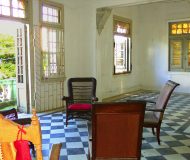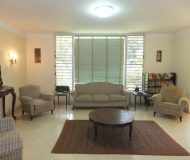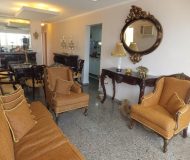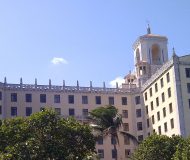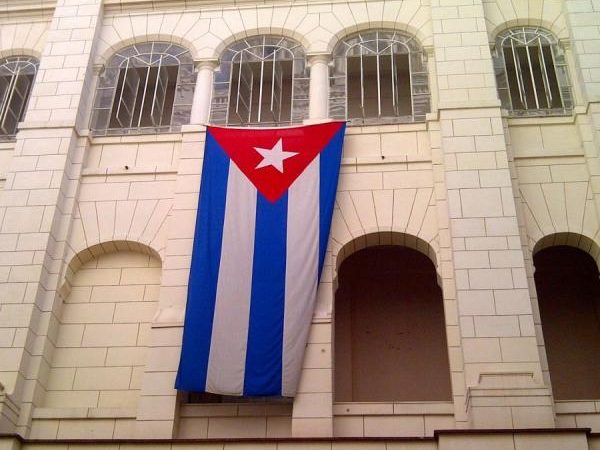
Cuba Real Estate
Real estate in Cuba is no longer tied up in government rules and regulations as it was a few years ago, which has brought some positive effects for locals as well as opportunities for international investors. The nation has undergone several significant economic reforms in the last 5 years, which have liberalized Cuba’s business community while also prompting tourism revenue to climb significantly.
Adrian Fernandez is an artist and part-owner of a gallery that recently took over its own property, from which he and his partners now sell art to locals and foreigners alike. Previously, they were required to sell through government-owned galleries and paid a hefty sum to their landlords for the privilege, but they now earn the full profits from their creative labour.
“I love my country and I am proud to present Cuban creativity at our gallery,” says Fernandez. “It also feels very good to be fairly rewarded for all the time and effort we put into our work. ”
After the export of services, tourism is the second largest source of foreign revenue for Cuba, and in the first half of 2015, the island saw a 14% rise in arrivals from around the world compared to the same period one year before. That same period also saw a record 36% increase in American visitors to Cuba, a leap that was sparked by the beginning of a new era in US-Cuba relations. Tourist arrivals from Germany, Italy, France and the UK also increased in 2014, with Latin America’s leading source of visitors being Argentina.
As tourism booms, visitors from all of Cuba’s most favoured nations are beginning to eye the island’s real estate scene with real interest. Just like the art scene, it is a market filled with a great deal of opportunity and potential, and real estate investment is undoubtedly poised to take off now government controls on the purchase and sale of private properties have been relaxed. Clearly, many Cubans are poised to take advantage of this changing marketplace, and the smartest foreign investors will not be far behind.
The Cuban government’s new real estate policies certainly bode very well for those looking to buy a second home in paradise. Retirees from the US can live in a lush Caribbean climate, only a short hop from Florida. Europeans can escape to the warmth in winter and Latin American buyers are also tempted, having long looked to Cuba as a cultural icon and an inspiration thanks to its fabulous music and dance driven lifestyle.
Meanwhile, in terms of real estate returns, a tourism boom coupled with less restrictions on the purchase and sale of private properties means the market is heating up fast. Cubans like Adrian Fernandez are using their new found liquidity not only to buy properties for themselves, but also houses and apartments they believe will attract international buyers looking for holiday or retirement homes. All the economic signs suggest they are right on the money.
